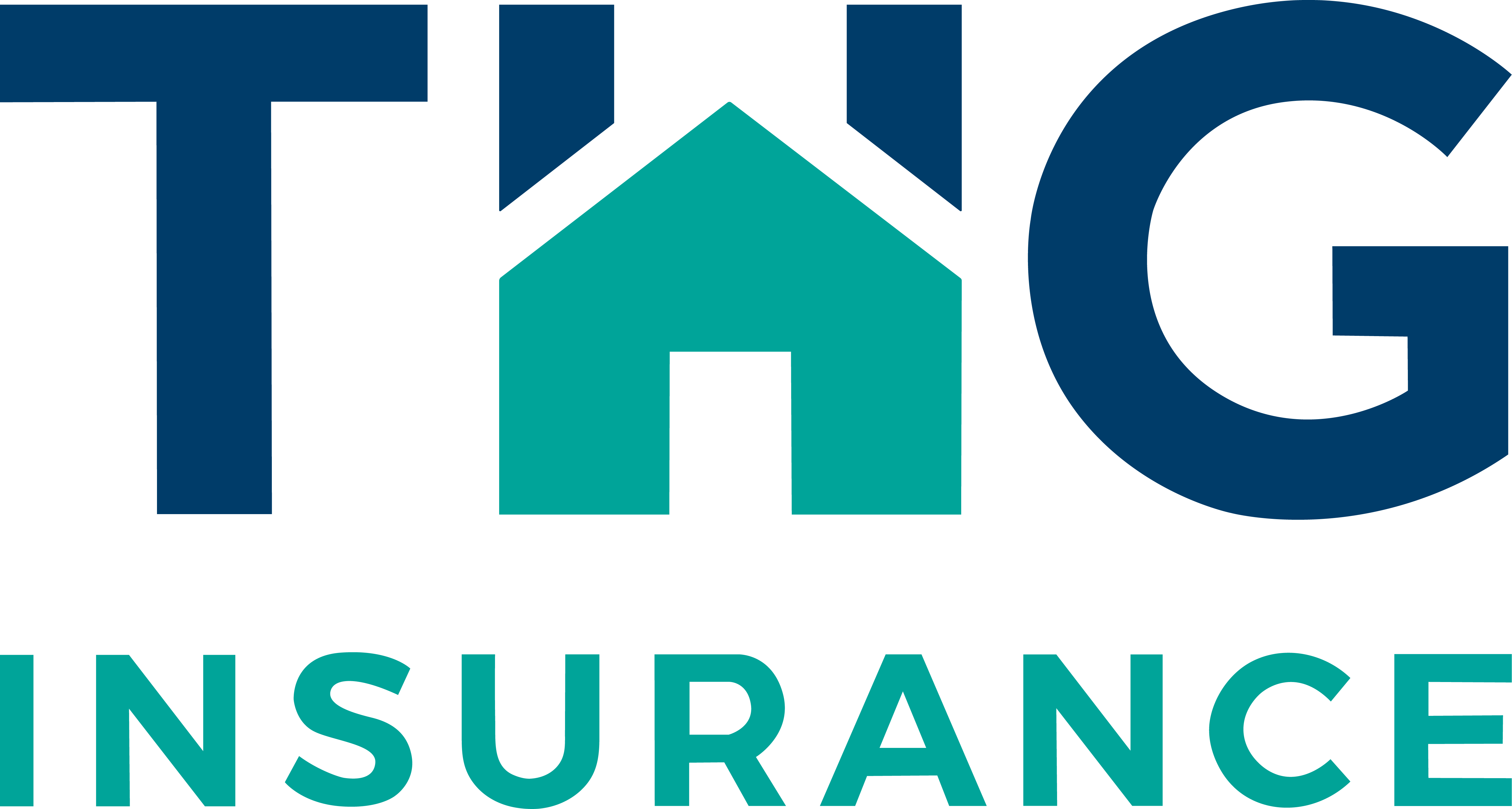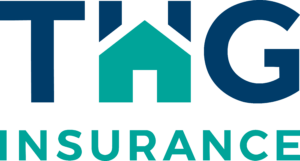What Is Directors And Officers Insurance?
Directors and Officers (D&O) Insurance is a critical coverage for organizations and their leadership. Insuring from personal losses if sued as a result of serving as a director or an officer.
How Does D&O Insurance work?
D&O Insurance works by providing coverage for claims made against directors and officers of a company during their tenure. When a claim is made, the insurance policy covers defense costs, settlements, and judgments up to the policy limit. Policies typically have a claims-made basis, meaning the claim must be made during the policy period for coverage to apply. It covers the personal assets of directors and officers and reimburses the organization for indemnifying its leaders.
Why Directors And Officers Insurance Is Essential
Whether you’re running a nonprofit, a private company, or a publicly traded corporation, your directors and officers are making decisions every day that could potentially lead to legal action. D&O Insurance provides financial coverage against:
- Legal Costs: Covers defense costs associated with lawsuits.
- Settlements and Judgments: Pays for settlements or judgments awarded against directors and officers.
- Regulatory Investigations: Includes costs related to regulatory investigations and proceedings.
THG Insurance: Your Partner In Securing D&O Insurance
At THG Insurance, we understand how overwhelming it can be to find the right D&O policy for your organization. Our experience in both personal and commercial lines of insurance allows us to offer coverage specifically to your needs. Here’s why you should choose us:
- Service: We take the time to understand your organization’s unique needs and risks.
- Coverage: We offer policies that cover a wide range of potential claims and legal issues.
- Experienced Advisors: Our team is well-versed in the complexities of D&O insurance and can guide you through the process with ease.
Who Should Have D&O Insurance?
Directors and Officers (D&O) Insurance is vital for a variety of organizations and their leadership teams. Here’s a breakdown of who should consider obtaining this crucial coverage:
Corporations
- Publicly Traded Companies: These entities face high scrutiny from shareholders, regulators, and the public. D&O Insurance offers coverage for claims arising from securities litigation, regulatory actions, and shareholder disputes.
- Private Companies: While not subject to the same level of regulatory oversight as public companies, private businesses still face significant risks, including employee lawsuits, creditor claims, and disputes with competitors or customers.
Nonprofit Organizations
- Charities and Foundations: Nonprofit leaders can be held personally liable for decisions affecting the organization. D&O Insurance offers coverage so their personal assets are covered, allowing them to focus on their mission.
- Educational Institutions: Boards of trustees and school administrators need insurance against claims related to employment practices, financial mismanagement, and other governance issues.
Associations and Cooperatives
- Trade Associations: Leaders in these organizations often make decisions that impact an entire industry. D&O Insurance covers them against legal actions related to their leadership roles.
- Homeowners Associations (HOAs): Board members of HOAs are at risk of being sued by residents for decisions related to property management and community rules.
Small and Medium Enterprises (SMEs)
- Startups: Young companies face unique challenges and risks. D&O Insurance is essential for covering the personal assets of founders and executives, encouraging innovation and growth without fear of personal financial loss.
- Family-Owned Businesses: Even closely held businesses can experience disputes among family members or with outside parties. D&O Insurance provides a safety net for family directors and officers.
Financial Institutions
- Banks and Credit Unions: These entities are heavily regulated, and their leaders are frequently targeted in lawsuits related to lending practices, regulatory compliance, and fiduciary duties. D&O Insurance is critical for mitigating these risks.
Professional Services Firms
- Law Firms, Accounting Firms, and Consulting Firms: Partners and executives in these firms make decisions that can lead to significant financial and reputational risks. D&O Insurance offers coverage for claims arising from professional services provided.
Why Is D&O Insurance Important For Nonprofits?
Nonprofits need D&O Insurance just as much as for-profit organizations because their leaders are similarly exposed to the risk of being sued over decisions they make on behalf of the organization. Common claims against nonprofit directors and officers include mismanagement of funds, wrongful employment practices, and failure to adhere to the organization’s bylaws.
What Are The Typical Exclusions In A D&O Policy?
Typical exclusions in a D&O policy include:
- Fraud: Intentional fraudulent acts are not covered.
- Criminal Acts: Illegal activities committed by directors or officers are excluded.
- Personal Profit: Claims arising from directors or officers gaining a personal profit to which they were not legally entitled.
- Prior Claims or Circumstances: Known claims or circumstances that existed before the policy inception.
- Bodily Injury and Property Damage: These are generally covered under other types of insurance policies such as general liability insurance and commercial property insurance.
Why Small Businesses Benefit From D&O Insurance
Small businesses can greatly benefit from D&O Insurance. Even small companies are at risk of lawsuits against their directors and officers. Claims can arise from various sources, including employees, competitors, customers, and regulatory agencies. Without D&O Insurance, the personal assets of directors and officers could be at risk, and the financial burden on the company to defend against claims could be significant. Having D&O Insurance helps attract qualified individuals to serve on the board and in leadership positions.
Are you looking for Business Insurance Coverage? At THG Insurance, we represent over a dozen companies and brokers to help you find the coverage you’re looking for, at the right price.
Is D&O Insurance Required In North Carolina?
While D&O insurance is not legally required for in North Carolina, it is highly recommended. Many businesses and nonprofit organizations require this coverage.
Two types of business insurance that are mandatory by state law are:
Key Benefits Of D&O Insurance With THG Insurance
In summary, D&O Insurance is not just for large corporations; it is essential for any organization with a leadership team that makes decisions impacting others.
THG Insurance is dedicated to helping organizations of all sizes and types secure the appropriate D&O coverage. Contact us today to learn more about how we can offer a D&O policy to meet your needs and cover your leadership team.

Custom Solutions
We design policies that fit your specific organizational structure and risk profile.

Risk Management
Beyond insurance, we offer advice on best practices to minimize the risk of lawsuits.

Claims Support
In the event of a claim, our dedicated team will support you through the process.
What Factors Affect D&O Insurance Rates in North Carolina?
When considering Directors and Officers (D&O) Insurance in North Carolina, various factors influence the premium rates. Understanding these factors can help organizations make informed decisions and obtain the most appropriate coverage. Here are the key factors that affect D&O Insurance rates:
1. Type and Size of the Organization
Organization Type: Publicly traded companies typically face higher premiums due to increased regulatory scrutiny and the potential for shareholder lawsuits. Private companies and nonprofits generally have lower rates but still face significant risks.
Size of the Organization: Larger organizations with more employees, higher revenues, or greater assets often face higher premiums because the stakes and potential losses are higher.
2. Industry Sector
High-Risk Industries: Sectors such as finance, technology, and healthcare are considered higher risk due to the complexity of regulations and the frequency of litigation. Companies in these industries often face higher D&O premiums.
Low-Risk Industries: Organizations in sectors with fewer regulatory challenges and lower litigation rates, such as certain manufacturing industries, may benefit from lower premiums.
3. Claims History
Past Claims: A history of previous claims or lawsuits can significantly impact D&O Insurance rates. Insurers view organizations with frequent or severe past claims as higher risk, leading to higher premiums.
Litigation Trends: Current trends in litigation within the organization’s industry or region can also influence rates. If there is an increase in claims against directors and officers in a particular sector, premiums may rise.
4. Financial Health
Financial Stability: Organizations with strong financial health are generally considered lower risk. Insurers assess financial stability through metrics such as revenue growth, profitability, and debt levels. Financially stable companies may receive more favorable rates.
Debt Levels: High levels of debt can increase the perceived risk for insurers, potentially leading to higher premiums.
5. Governance Practices
Board Composition: The diversity and experience of the board members can influence rates. Boards with experienced, independent directors are often viewed more favorably by insurers.
Governance Policies: Strong governance policies and practices, including clear procedures for decision-making and conflict resolution, can reduce perceived risk and potentially lower premiums.
6. Coverage Limits and Policy Structure
Coverage Limits: Higher coverage limits typically result in higher premiums. Organizations need to balance their need for coverage with the cost.
Policy Structure: The specifics of the policy including deductibles, exclusions, and additional endorsements, can affect rates. Offering an insurance policy to fit the organization’s needs while managing costs is important.
7. Regulatory Environment
Local Regulations: The regulatory environment in North Carolina, including state-specific laws and regulations, can influence D&O Insurance rates. Changes in legislation or enforcement practices can impact premiums.
8. Risk Management Practices
Risk Management Programs: Organizations with robust risk management and compliance programs are often seen as lower risk by insurers. Effective risk management can lead to more favorable D&O Insurance rates.Training and Education: Ongoing training for directors and officers on legal and regulatory issues can mitigate risks and positively impact insurance premiums.
Other Professional Lines
- Real Estate E&O
- Homeowners Association (HOA)
How THG Insurance Can Help Your North Carolina Business
If you’re a business owner, it’s important to consult with one of THG’s licensed insurance agents to understand the coverages offered by Directors & Officers insurance policies.





